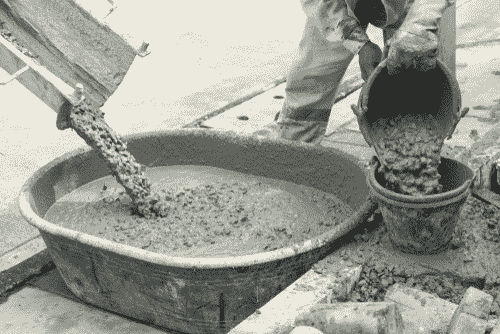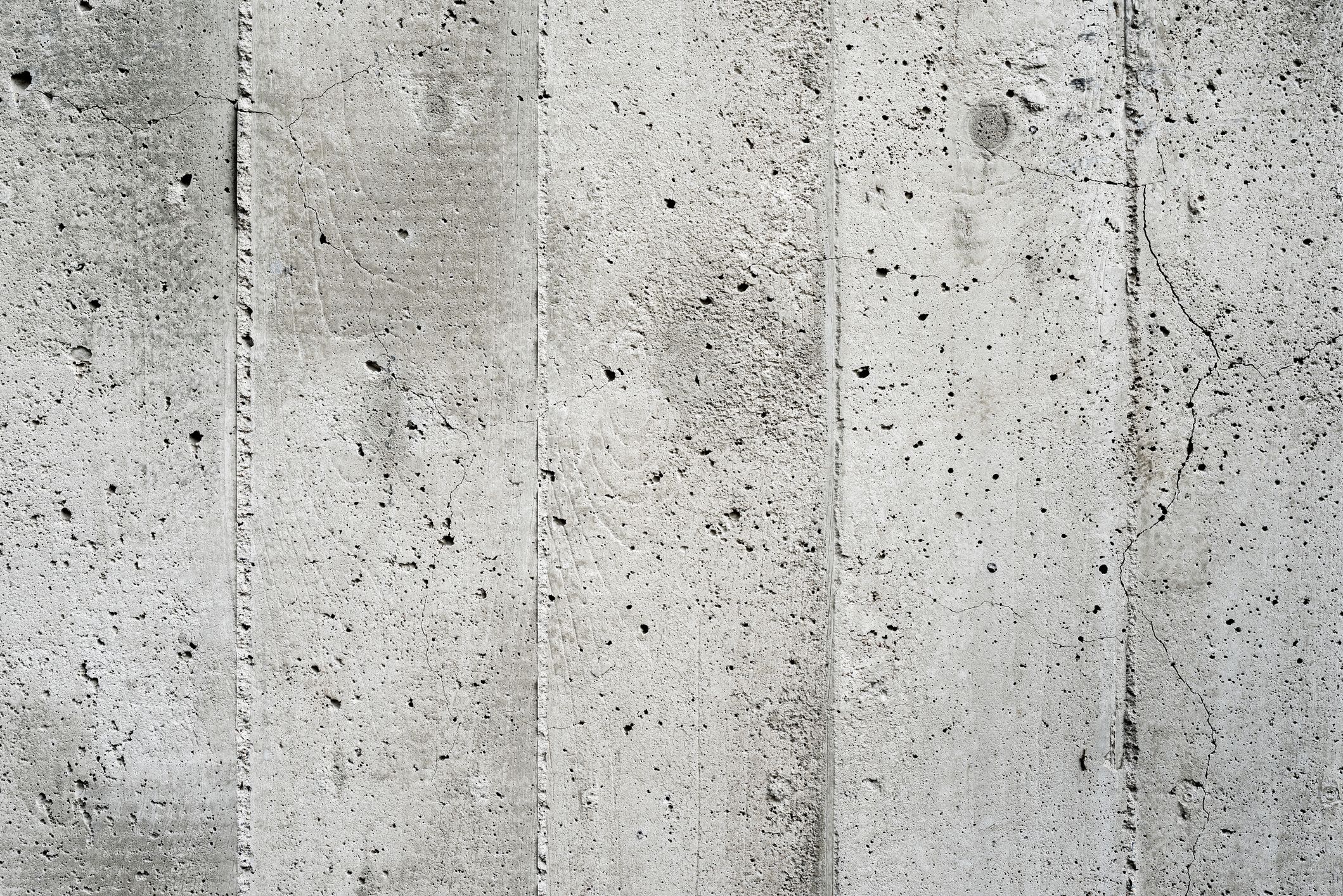Unveiling the Eco-Friendly Advantages of Utilizing Recycled Concrete in Sustainable Building Practices
In the realm of lasting building techniques, the application of recycled concrete stands as a crucial yet usually undervalued resource. Past its standard applications, recycled concrete deals a myriad of environmentally friendly benefits that expand much past the boundaries of standard construction products.
Environmental Advantages
By incorporating recycled concrete into building and construction techniques, there is a considerable decrease in the requirement for brand-new raw products, leading to preservation of all-natural resources. Additionally, the usage of recycled concrete lessens the quantity of waste being sent to land fills, thereby reducing environmental air pollution and relieving the stress on garbage dump abilities (Concrete).

Moreover, the manufacturing of typical concrete is a considerable source of carbon discharges as a result of the energy-intensive procedure of concrete manufacturing. On the other hand, recycled concrete has a lower carbon footprint as it decreases the demand for brand-new concrete manufacturing. This decrease in carbon discharges adds to mitigating environment modification and sustains sustainable construction practices. Overall, the ecological benefits of utilizing recycled concrete are considerable and play a critical function in promoting green construction approaches.
Cost-Efficiency
Accomplishing cost-efficiency is a paramount factor to consider when assessing the application of recycled concrete in building jobs. One of the key benefits of making use of recycled concrete is its cost-effectiveness contrasted to traditional concrete.
Additionally, the usage of recycled concrete can result in cost savings in landfill prices by diverting concrete waste from disposal sites. This not just minimizes the environmental impact however also removes the expenses associated with waste elimination. Moreover, the toughness and performance of recycled concrete are comparable to traditional concrete, ensuring that cost savings do not compromise the top quality of the building.
Resilience and Stamina
Recycled concrete offers equivalent, if not remarkable, resilience and strength residential properties to conventional concrete - Concrete. With developments in processing strategies and top quality control, recycled concrete can meet or go beyond the efficiency requirements of conventional concrete.

Waste Decrease
Reliable waste reduction methods play a critical function in the sustainable use of sources within the building industry. Waste reduction is a crucial benefit that contributes substantially to ecological preservation when it comes to making use of recycled concrete. Traditional construction techniques commonly create significant quantities of waste, specifically in the kind of concrete debris from demolition websites. By including recycled concrete right into construction projects, this waste is repurposed and drawn away from land fills, lowering the overall environmental effect of building activities.
Recycled concrete not just assists in reducing the amount of waste that winds up in landfills yet likewise saves natural deposits by reducing the demand for brand-new accumulated products. This process of waste reduction check that promotes a round economic situation within the building and construction market, where materials are reused and reused to produce an extra sustainable industry. In addition, the usage of recycled concrete can result in set you back financial savings for construction tasks, as it is usually much more inexpensive than sourcing and transporting brand-new materials. To conclude, waste reduction via the use of recycled concrete is a vital part of sustainable building and construction practices that profits both the atmosphere and the building and construction industry in its entirety.
Power Conservation
Power preservation is a critical element of lasting building and construction practices, aiming to decrease the general power consumption related to building procedures and products manufacturing. Substantial power financial savings are achieved compared to traditional concrete production when it comes to using recycled concrete in construction. The process of creating recycled concrete involves reusing and crushing existing concrete materials, which eats much less power than mining, handling, and delivering basic materials for new concrete production. Additionally, the use of recycled concrete can help decrease the need for virgin accumulation, additional minimizing the energy-intensive extraction and processing of natural sources.
Conclusion
To conclude, the utilization of recycled concrete in lasting building practices offers countless environmental benefits, cost-efficiency, longevity, toughness, waste reduction, and power preservation. By incorporating recycled concrete Learn More right into building projects, we can add to a more eco-friendly and lasting future. It is vital for the construction sector to prioritize using recycled materials to help minimize the environmental effect of construction activities.
One of the key advantages of utilizing recycled concrete is its cost-effectiveness contrasted to standard concrete.Moreover, the usage of recycled concrete can lead to savings in garbage dump prices by diverting concrete waste from disposal websites. The sturdiness and efficiency of recycled concrete are comparable to standard concrete, ensuring that expense financial savings do not jeopardize the top quality of the building and construction.
